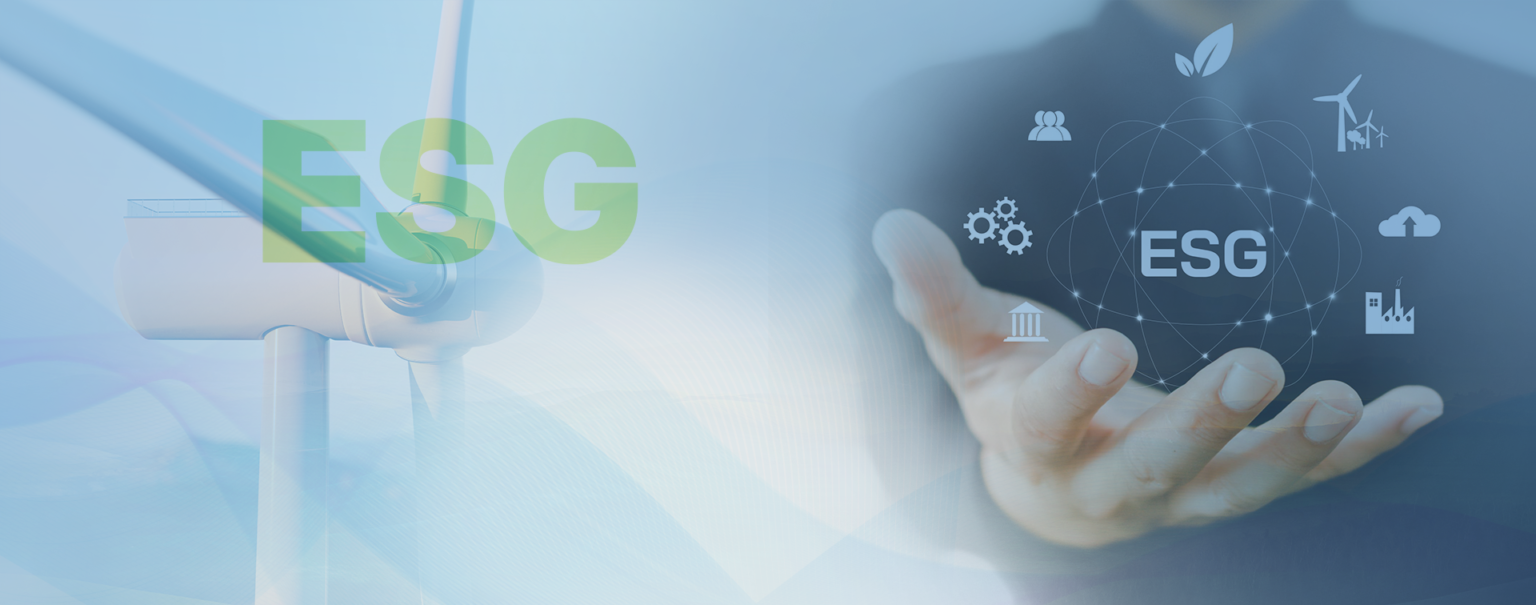Guide to Good Social and Environmental Practices for the Wind Sector
Download the Good Practice Guide here Download the main information here


ESG is an acronym that stands for environmental, social and governance, and corresponds to an organization’s environmental, social and governance practices. Its main purpose is to ensure that businesses are aligned with the building of an inclusive, ethical and environmentally sustainable world, ensuring quality of life for everyone. ESG criteria are fully in line with the 17 Sustainable Development Goals (SDGs) established by the UN Global Compact.
Benefits of wind power measured
R$ 110,5 billion in direct investments in the construction of wind farms and R$ 210.5 billion as indirect effects.
The construction of wind farms created more than 300 thousand direct and indirect jobs. Or 10.7 jobs per installed MW.
And there are also environmental benefits. From 2016 to 2024, the Brazilian wind sector will have avoided greenhouse gas emissions worth between R$ 60 and 70 billion.
26.88 million of CO2 avoided in 2022 equivalent to the emissions of around 22 million passenger cars.